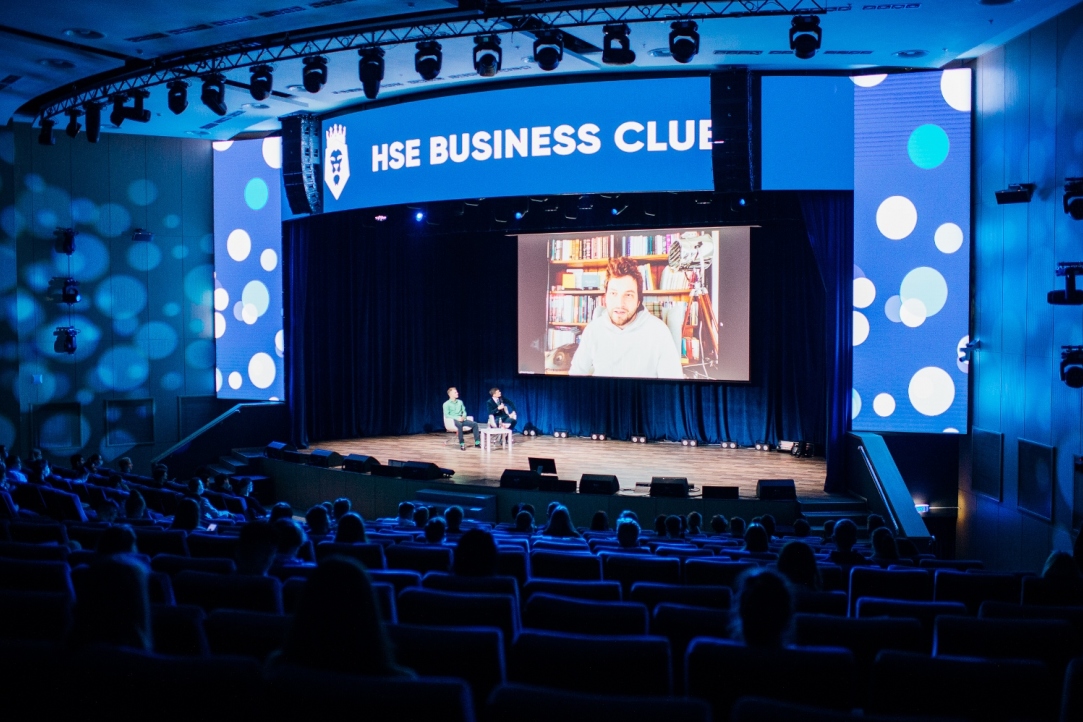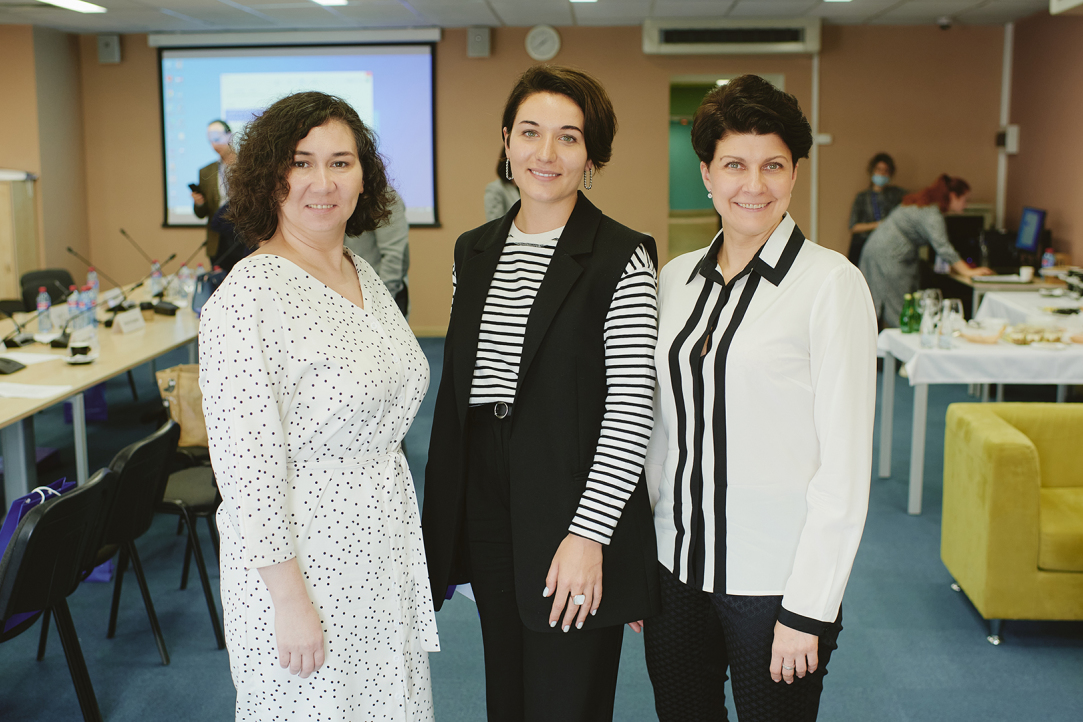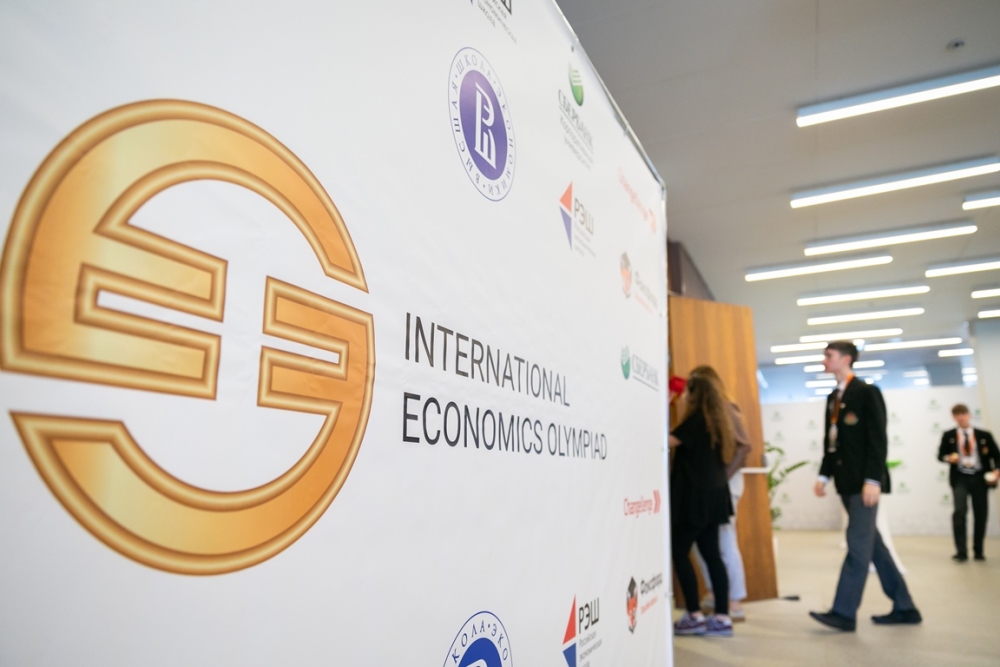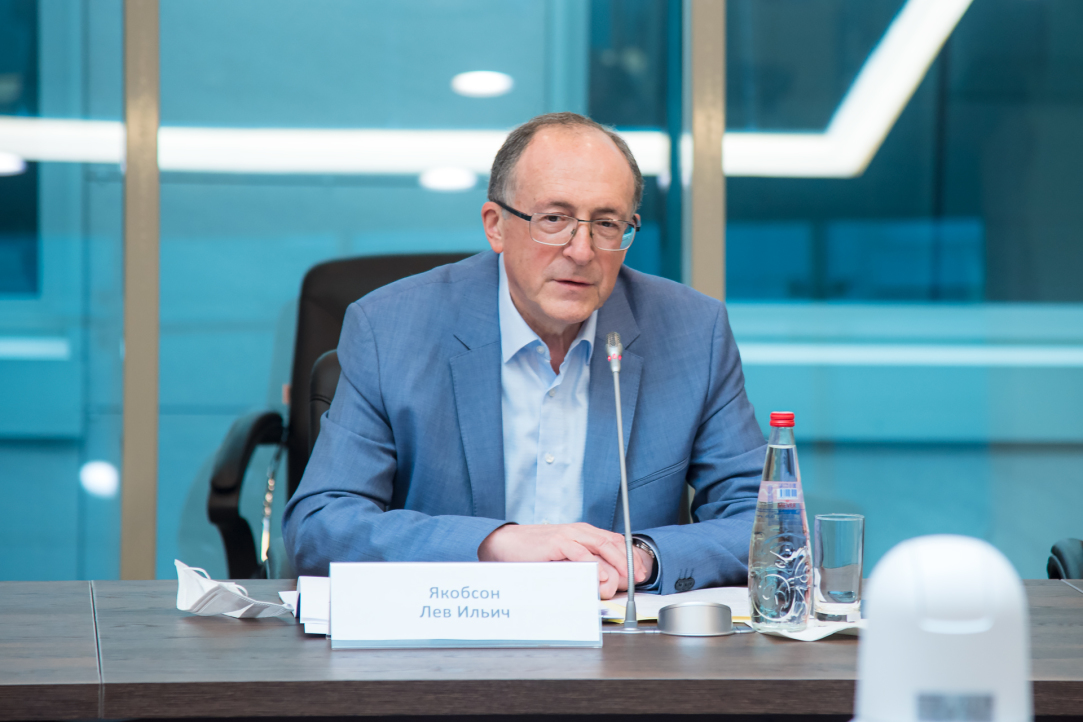
First Season of HSE Business Talk Successfully Completed
The online project 'Inspired by Your Bright Future: HSE Business Talk' was created for participants from all over the world as a platform for public discussions. From the end of November till the end of May, industry experts and HSE professors held twelve webinars to discuss different areas, from logistics and marketing, business in China and Arabic countries, climate change, to entrepreneurship, finance, and new technologies. The project brought together more than 3,000 participants from over 115 countries.
.jpg)
International Advisory Committee Meeting Focuses on HSE University’s Third Mission
On May 31, International Advisory Committee met online to discuss HSE University’s third mission, its implementation and place in the university strategy. The meeting focused on HSE University’s volunteering and social initiatives, cooperation with non-profits, community engagement, students’ field research trips around Russia, and HSE Business Incubator.

HSE Business Club Holds Its First Entrepreneurial Forum
This event was timed to coincide with Russian Entrepreneurship Day, which is celebrated on May 26. Forum attendees included not only students of HSE University, but also students from other Moscow universities. They were able to learn about internships in forum partner companies, as well as interacting in person with successful Russian business businesses.

Digitized Archives Are a Great Treasure
Digital archives and electronic versions of manuscripts are essential to the work of modern-day philologists, linguists, and literary scholars. The possibilities that digitization opens up to researchers were the focus of the second international conference of early career researchers of Russian literature. The conference had the theme of ‘Text as DATA: The Manuscript in the Digital Space’ and was hosted by the HSE Faculty of Humanities.

The Dignity Factor: What Social Policy Should Look Like in the New Era
Abhijit Banerjee, one of the 2019 Nobel Prize winners in economics, spoke at a seminar at HSE University and explained why people trust economic forecasts less than a weather forecast and what can be done to bring this trust back.
HSE Gets in on the Show: The Creative Present and the 'Fear of the Future'
The Telling Stories festival, organised by the Faculty of Communications, Media, and Design, has come to an end at HSE University. During two days, anyone could attend open lectures, discussions, master classes, performances, concerts, exhibitions, and screenings. Experts discussed the state of creative industries and tried to outline an image of the future by understanding the main challenges, prospects, and anxieties it presents.

Career Development Centre Should Be at the Vanguard of a Successful University
On May 20, Valeria Kasamara, HSE Vice Rector, took part in a round table on the role of career development centres at Russian universities and students’ career trajectories. This event was part of the international conference on Education and World Cities that HSE University held in Saint Petersburg from May 19—21. The round table was attended by government officials from Saint Petersburg, employees of career development centres at leading Russian universities, and representatives of different industries.

Teach for HSE Seminar Focuses on Online Projects
In April, the Teach for HSE Project hosted an online seminar, ‘International Virtual Exchange in Your Classroom: No Visa Needed’. Seminar participants discussed the 2020-2021 Russian-Japanese Student International Research Programme, ‘Northeast Asia since 2012: Political and Economic Analysis’, which was held jointly by the School of International Regional Studies of the HSE Faculty of World Economy and International Affairs and the Institute for Asian Studies and Regional Collaboration of Akita International University (Japan).

‘Not Testing the Knowledge, But Testing Whether You Are Ready to Interact with Reality’
The roundtable "Teaching Economics to High School Students: Curricula, Practices, Competitions" took place as part of the XXII April International Academic Conference on Economic and Social Development. Danil Fedorovykh, Deputy Vice Rector of HSE University and the President of the Executive Board of the International Economics Olympiad (IEO), initiated the session. Alexander Zhitkovskiy, Head of the Project Laboratory for Development of Intellectual Competitions in Economics (Faculty of Economic Sciences, HSE University), was the co-moderator.

The April Conference, 2021: 1,500 Participants, a Partnership with Sberbank, and an Online Format
On April 30, the XXII April International Academic Conference on Economic and Social Development came to a close. This year it was organized jointly by HSE University and Sberbank, and the majority of the events were held online. HSE Vice President and Conference Programme Committee Deputy Chair Lev Yakobson spoke with HSE News Service about his initial takeaways from the event and its new format.

